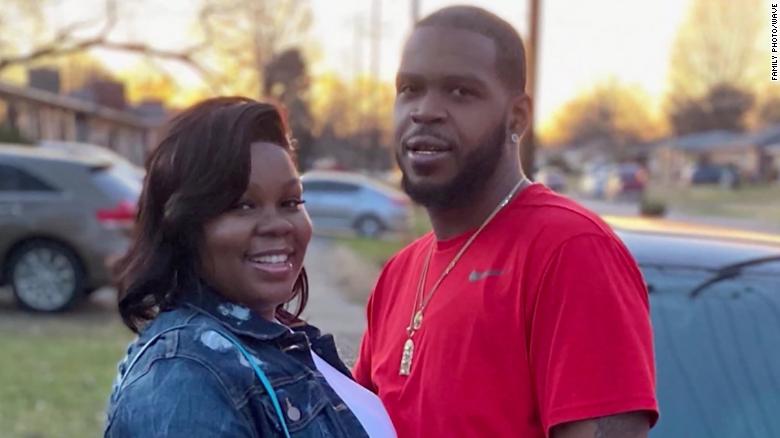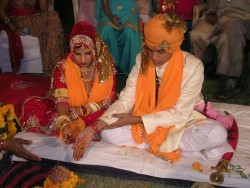What is “Black Love”? How does Black love differ from any other people’s experience of love? If we were talking about love from a “normal” perspective, you’re right absolutely nothing. But nothing about the Black experience in this world has been normal. For centuries being Black has not been a walk in the park. And as of recent, we have been seeing and hearing the steaming teapot whistling and it can not be ignored.
For the purpose of this articles we will only focus on the experience of Black-American, African-Americans in the US. The Black Lives Matter movement has stirred up some pretty unflavoring gumbo, that not to many people want to eat let alone taste. But it was “Bound” to happen. These level of tensions can no longer go unaddressed.
To have community, peace, and unity that everyone is asking for, or thought they had, one would have to go back to the past and get to the root of the problems we are currently facing. It is imperative you do some research to understand where the current issues stem from causing these racial tension. Contrary to what some may believe, Black History didn’t start in America or with slavery to be specific. And to understand the rich history of a people you must go back and dig deep with the intention of wanting to learn and you must be will to be enlightened. You will be moved to your core if there is an ounce of humanity in your very being.
It is those very reasons why we at World Bride Magazine, a bridal magazine felt it important to interview Dr., Professor Tera W. Hunter for our segment of the WBM Summer Series. During the time when so many are trying to understand the struggle, the breakdown, triumph, and rebuilding of the Black family. We would not be “WORLD” BRIDE MAGAZINE if we left out Black love.
Dr. Hunter is the Edwards Professor of American History and Professor of African-American Studies, a specialist in the 19th and 20th centuries. Her research focuses on gender, race, labor, and Southern histories.


Dr. Hunter’s book, Bound In Wedlock, Slave ad Free Black Marriage in the Nineteenth Century starts with her own family tree, and goes to breaking down the challenges Black families, Black people faced as individuals, and the very things that made it ever so difficult to start a family in a society that controlled every aspect of their lives, and continues until today, which brings us to what we call today–systemic racism. So before we start to judge and make emotionally-driven comments on subjects we know nothing about, I implore you to please order the book and read it thoroughly.
“The state of the slave family and the meaning of marriage within it have been enduring sources of controversy in discussion of the value of Black life in American society, Proslavery thinking question whether people of African descent regarded families as important or were capable of forming meaningful relationship in the ways that white Americans did. Such thinking has enjoyed a shelf life of centuries with no end in sight.” Dr. Tera W. Hunter, Bound in Wedlock.
That quote alone struck me to the core. So we are all overwhelmed with the constant images of violence to Black people, Black bodies, understand we are watching the deterioration of black individuals, someones daughter, someones son, the future of a soul who could have become a husband, a wife, a father or a mother, and so on. Things we take for granted as normal and may have a sense entitlement that comes with the sense of the freedom we believe we if we so choose those paths.
But for Black souls, that is not always a hopeful option, as in the case of Breonna Taylor, who will never have the hope of being a wife, a mother if she so wished, because her life was snuffed away from her, leaving her mother and family grieving of her future.
So as we joyfully plan our wedding, and plan our future understand and think of so many that will not have this precious option.
Please watch and listen to the discussion with Dr. Tera W. Hunter.






